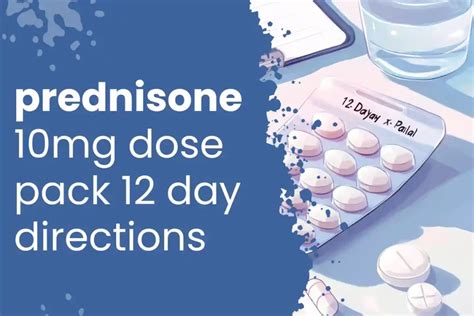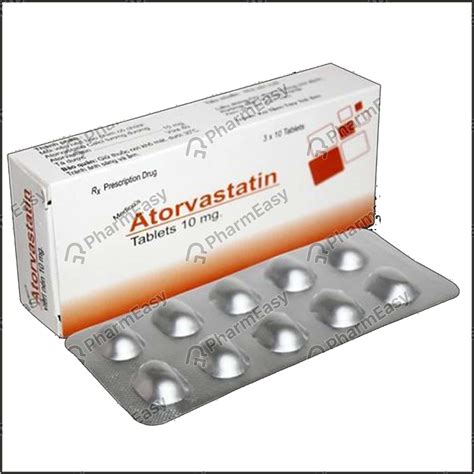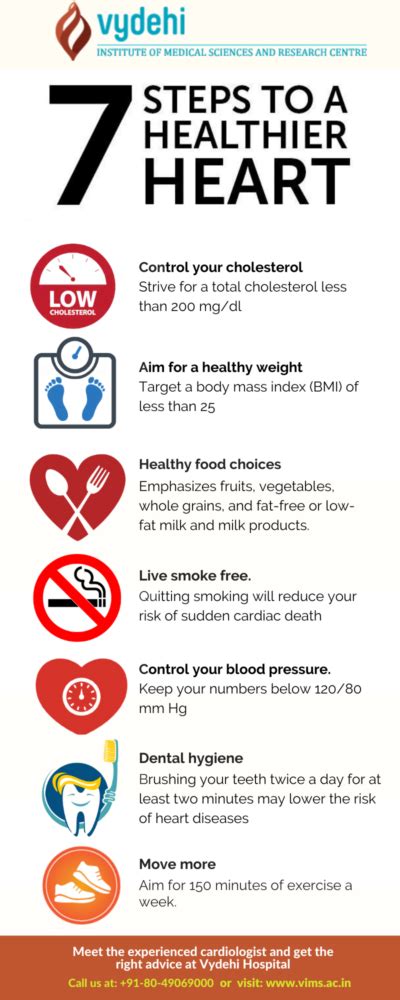Prednisone Side Effects Guide

When it comes to treating a wide range of health conditions, from allergies and asthma to arthritis and blood disorders, prednisone is a commonly prescribed medication. As a corticosteroid, prednisone works by mimicking the effects of cortisol, a hormone produced naturally by the adrenal gland, to reduce inflammation and suppress the immune system. However, like all medications, prednisone comes with a range of potential side effects that can vary in severity and impact from person to person.
Understanding Prednisone
Before diving into the side effects, it’s essential to understand how prednisone works and why it’s prescribed. Prednisone is a synthetic corticosteroid that, when taken orally, is converted by the liver into prednisolone, its active form. This active metabolite then works throughout the body to reduce inflammation, suppress the immune system, and aid in the treatment of various conditions.
Common Side Effects of Prednisone
While prednisone can be an effective treatment for many health issues, its use is not without consequences. Common side effects include:
- Weight Gain: One of the most noticeable side effects, weight gain occurs due to increased appetite and water retention.
- Mood Changes: Users may experience mood swings, ranging from anxiety and irritability to depression and insomnia.
- Increased Appetite: Prednisone can stimulate appetite, leading to overeating and potential weight gain.
- Sleep Disturbances: difficulty sleeping or insomnia can be a side effect due to the stimulant effects of prednisone.
- Acne and Skin Changes: Prednisone can lead to acne, as well as changes in skin texture and possibly the appearance of stretch marks.
- Eye Problems: Some individuals may experience blurred vision, cataracts, or glaucoma due to long-term use.
- Osteoporosis: Weakened bones can occur, especially with long-term use, due to prednisone’s effect on calcium and bone metabolism.
- Increased Blood Sugar: Prednisone can cause an increase in blood sugar levels, which is particularly concerning for diabetic patients.
Less Common but Serious Side Effects
While less common, there are more severe side effects to be aware of, including:
- Adrenal Suppression: Long-term use can suppress the body’s natural production of corticosteroids, leading to adrenal insufficiency.
- Immune System Suppression: Prednisone can increase the risk of infections due to its immunosuppressive effects.
- Peptic Ulcers: There’s an increased risk of stomach ulcers, especially when combined with nonsteroidal anti-inflammatory drugs (NSAIDs).
- Psychological Effects: In some cases, prednisone can lead to more severe psychological effects, such as psychosis or mania.
Managing Side Effects
While side effects can be challenging, there are ways to manage them. Consulting a healthcare provider is the first step, as they can adjust the dosage or prescribe additional medications to mitigate some side effects. Lifestyle changes, such as maintaining a healthy diet and exercising, can also help minimize weight gain and other side effects.
Conclusion
Prednisone is a powerful medication with the potential to greatly improve the quality of life for those suffering from various health conditions. However, its use requires careful consideration of the potential side effects. By understanding these effects and working closely with a healthcare provider, individuals can navigate the benefits and challenges of prednisone treatment and manage their condition effectively.
What is the most common side effect of prednisone?
+The most common side effects of prednisone include weight gain, mood changes, and increased appetite. However, it's essential to note that side effects can vary widely among individuals.
How can I minimize the side effects of prednisone?
+To minimize side effects, it's crucial to follow the prescribed dosage closely, maintain a healthy diet, stay hydrated, and engage in regular physical activity. Additionally, consulting with a healthcare provider about any concerns can help in managing and mitigating side effects.
Can I stop taking prednisone if I experience side effects?
+No, it's crucial not to stop taking prednisone abruptly, even if you experience side effects. Stopping the medication suddenly can lead to adrenal insufficiency and other complications. Always consult with a healthcare provider before making any changes to your medication regimen.
By acknowledging the potential side effects of prednisone and taking proactive steps to manage them, individuals can make informed decisions about their health and work towards achieving the best possible outcomes with their treatment. Remember, while side effects are a consideration, the benefits of prednisone for many conditions can be significant, offering relief and improved quality of life for those who need it.



